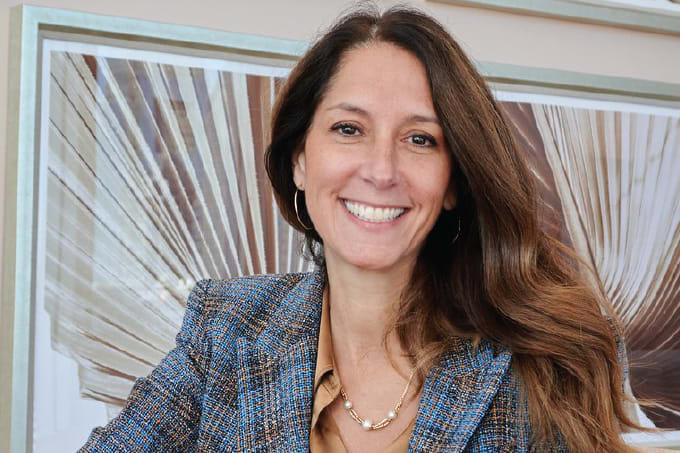
Merck has signed a new Memorandum of Understanding (MoU) with Washington University in St. Louis. The collaboration aims to strengthen scientific research, foster sustainable innovation, and accelerate the translation of discoveries into clinical applications, as well as support joint research, technology scouting, and talent development. We spoke with Karen Madden, Chief Technology Officer for the Life Science business of Merck, to find out more.
How does the renewed MoU with WashU build on the previous partnership?
We’ve had some form of collaboration with Washington University for around 90 years – which is pretty remarkable. As well as being a leading US research institution, it is also a globally recognized university.
Much of this relationship traces back to the legacy of the Sigma Chemical Company, which we acquired in 2015. The acquisition reconnected us with our historical roots in St. Louis and with WashU. This new MoU is really about renewing and elevating that partnership in a more strategic way.
WashU is one of the top research universities in the world. They receive significant NIH funding — and we’ve just heard encouraging news that the US Senate is supporting a slight increase in that budget. The university draws world-class researchers from across a wide spectrum of disciplines and has a top-tier medical center.
What metrics or milestones will be used to assess the success of this collaboration?
Our collaboration with WashU has several pillars, each with its own timeline and way of measuring success. One immediate area is what we call "innovation enablement" — making sure WashU researchers can easily access and use our products and services. Since WashU is already a customer, we can measure this through product usage and feedback.
Another near-term focus is talent and capabilities — especially internships. We can track how many interns we bring on, and how many convert to full-time roles. This goes beyond R&D; in St. Louis, for example, we already have interns and hundreds of WashU graduates working across departments like manufacturing, finance, and customer service. That’s something we’re actively building on.
The research projects, on the other hand, are more long-term. Success there will be measured by our ability to co-develop and commercialize new products — which takes time due to the nature of R&D cycles.
In what ways will Merck and WashU work together to develop scientific talent — particularly in bridging academia into industry R&D pipelines?
First and foremost, it's about matching the right skills and capabilities to what we need in the organization. We also look for people who share our passion and mission.
We're a purpose-driven company. We believe our work in science and health can make a real difference every day. We value curiosity and a mindset of lifelong learning — people who ask questions, think differently, and stay deeply engaged with science.
How does the MoU reflect a broader shift in Merck’s partnerships with academic institutions and early-stage ventures?
We have strong internal capabilities, but even a company as large as Merck can’t do everything alone. The pace of science and technology is simply too fast — we need to stay connected to the broader innovation ecosystem. That’s why partnerships like the one with WashU are so important.
Before WashU, we established a similar strategic partnership with KAIST (the Korean Advanced Institute of Science and Technology) in Daejeon, South Korea. While each partnership is unique, the goal is the same: to tap into cutting-edge research, foster talent, and support local investments — like the new manufacturing site we’re building in Daejeon.
These partnerships are anchor points for us, and we hope to build more like them in the future. They’re essential to driving the next wave of innovation.




